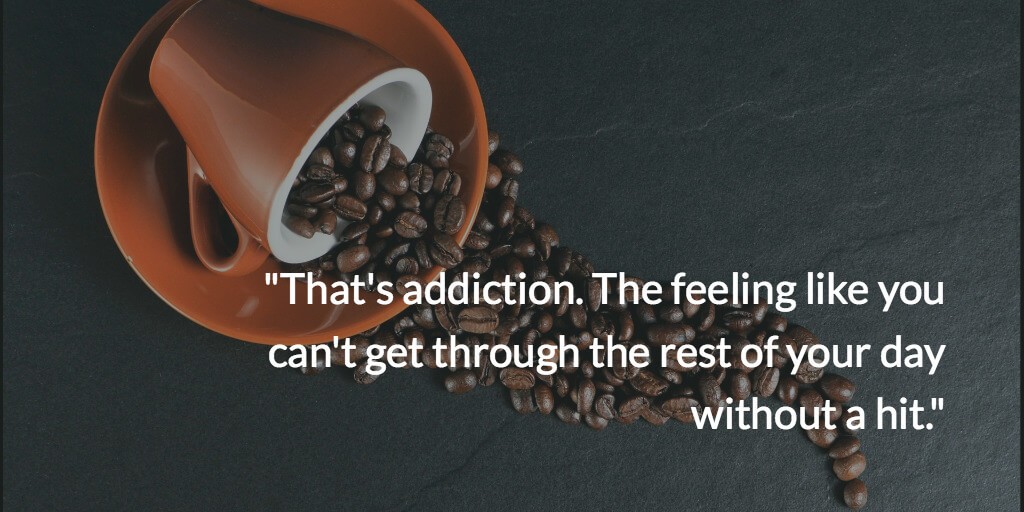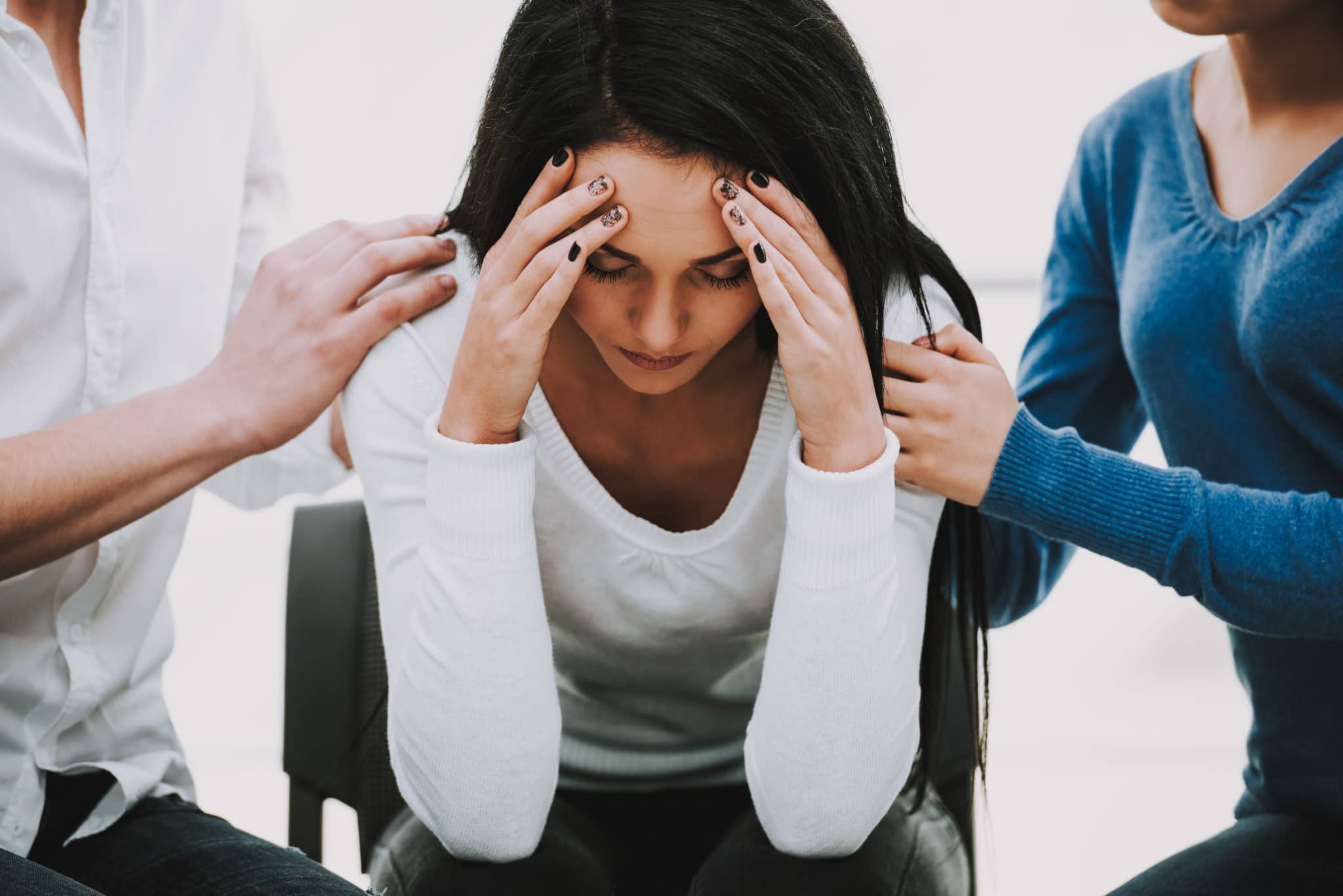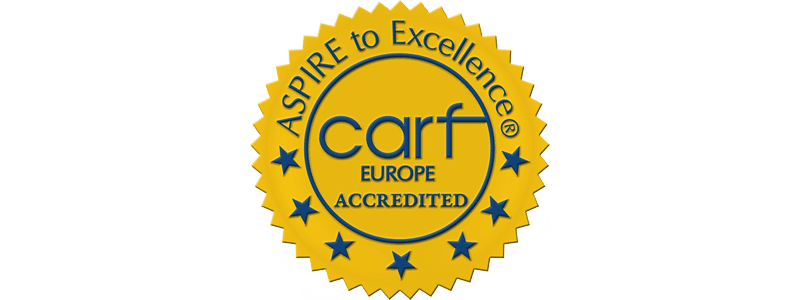We have recently noticed an outpouring of comments about coffee, and how much our alumnae missed having caffeine in their diets while receiving treatment at New Directions for Women. We almost regret having to disseminate this information about coffee, an aromatic wonder drink and the burst of caffeine that it is so well known for-caffeine is seriously addicting. Frankly, there’s growing research on just how potent a drug caffeine can be, and in that same sense, how it can make rehabilitation from other drugs even more difficult.
I’d wager that you have experienced caffeine withdrawal in your day-to-day.
That ringing headache in the morning drive that makes you question whether a quick pit stop for a cup of joe is worth being a few minutes late to work.
The sludgy, hallow feeling you get as your brain fogs over halfway through a workday and eyelids begin to bob. The hard, plastic keyboard slowly looking more and more like a memory-foam pillow.
You glance to the lukewarm coffee pot that’s been in sitting in the break room since 6 AM. Even all the way from your desk you’re almost able to taste the acrid, bitterness of that pre-sweetened dollar-store atrocity… yet somehow it grows ever more appealing by the minute.

That’s addiction. The feeling like you can’t get through the rest of your day without a hit. By now I’m sure you realize it’s a craving, and not entirely different from other drugs of choice. The headaches, exhaustion, lethargy from going without caffeine are very real withdrawal symptoms, as well, and have are even diagnosed in the DSM-V for mental health. www.DSM5.org.
The big thing about coffee drinking is that it can sometimes parallel other unhealthy habits, which is the exact opposite of what we want to enforce for our women in new recovery. At New Directions for Women, we try to teach our women healthy ways of living that include nutrient-rich, self-sustaining diets and lifestyles that revolve around personal health and responsibility. We want them to be independent, and to avoid feeling like they need substances to get them through the day. Giving up the caffeine habit can lead to lower blood pressure, better mood, better sleep, less anxiety, and fewer headaches. Not to mention, the cost of caffeine addiction can certainly add up if you find yourself going to Starbucks every day – a daily Grande Latte habit could cost almost $1,500 each year!
The worst part is that coffee (and other caffeinated beverages) become a scapegoat in recovery. “I feel terrible, I need a cup of coffee,” or “I’m useless until I get a cup of coffee” become a regular mantra for coffee drinkers. Former drug and alcohol addicts who turn to coffee as an “alternative” let their self-control be taken over by a substance once again and find themselves exactly where they started. All the skills they learned to control cravings or addictions start to loosen up as they let themselves this “one exception.”
But in recovery, we can not let substances speak for us. We can’t bend our actions, or our values, around the intake of a substance. We have to learn to be at our optimal level at all times, without the use of chemicals, so that we never fall into letting a substance decide how we enjoy our lives again. We have to maintain the skills to say “no” to a drug, especially as we come to realize just how much it begins to take over our definition of self. If you find yourself using caffeinated beverages as an excuse for not feeling your best, or as an alternative to another unhealthy behavior, it might be time to really flex your willpower and cut the caffeine.
Resources:
https://www.caffeineinformer.com/best-caffeine-buzz-comes-after-withdrawal











